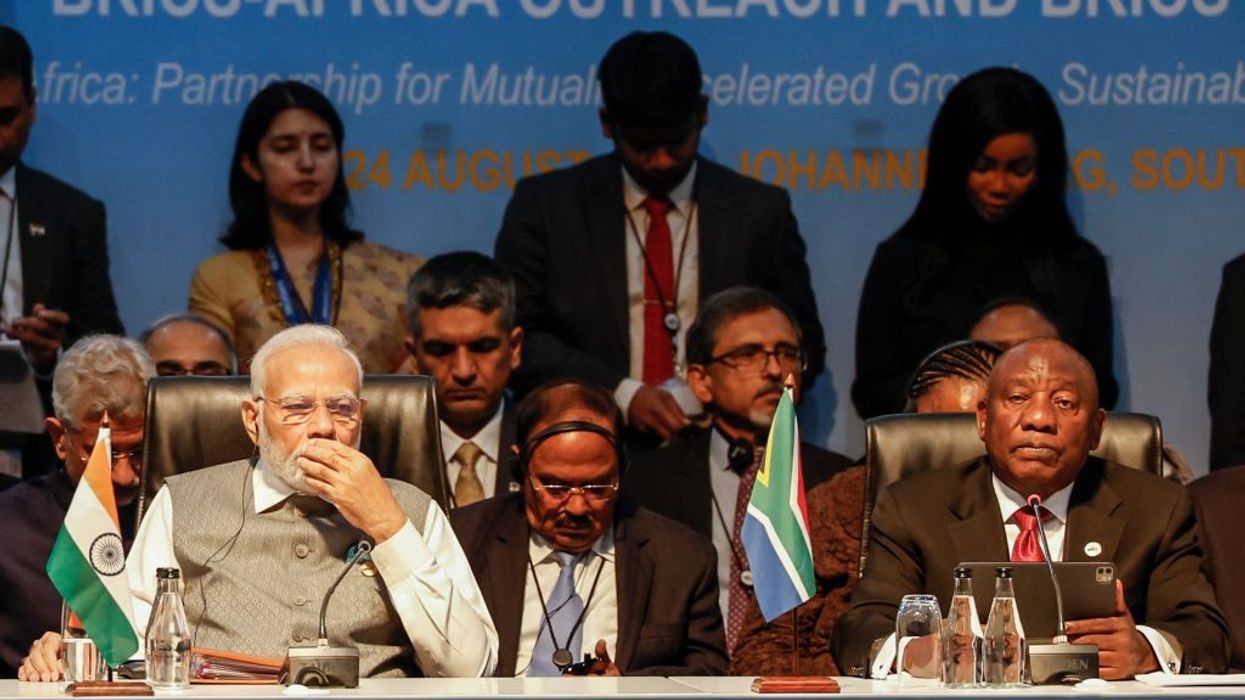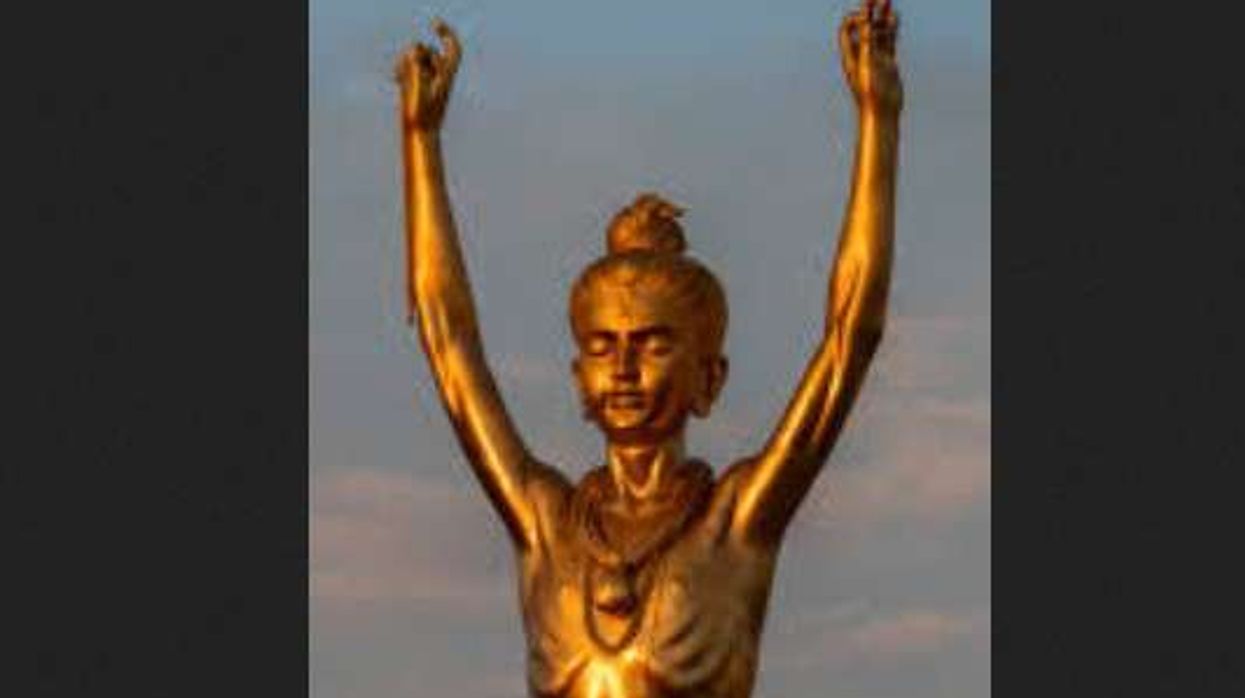THE five BRICS developing nations will admit Saudi Arabia, Iran, Ethiopia, Egypt, Argentina and the United Arab Emirates, they said on Thursday (24), a move aimed at growing the clout of the bloc as it pushes to rebalance the prevailing world order.
The expansion could also pave the way for dozens more countries to seek admission to the grouping, which has pledged to address their grievances over a world order many feel is rigged against them.
BRICS - whose acronym was originally coined by an economist at Goldman Sachs, currently comprises Brazil, Russia, India, China and South Africa.
Deepening geopolitical polarisation in the wake of Russia's invasion of Ukraine and China's declining relations with the US are spurring efforts by Beijing and Moscow to forge BRICS into a viable counterweight to the West.
"BRICS has embarked on a new chapter in its effort to build a world that is fair, a world that is just, a world that is also inclusive and prosperous," said South African president Cyril Ramaphosa, who is hosting a summit of BRICS leaders.
The six candidate countries will formally become members on Jan. 1, 2024. Ramaphosa and Brazilian president Luiz Inacio Lula da Silva left the door open to the possibility of admitting other countries in future.
"We have consensus on the first phase of this expansion process and other phases will follow," Ramaphosa said at a media briefing.
Lula said globalisation's promises had failed, adding that it was time to revitalise cooperation with developing countries as "there is a risk of nuclear war", an apparent allusion to growing tensions between Russia and the West over the Ukraine conflict.
United Arab Emirates' president Mohammed bin Zayed, whose country is already a shareholder of the bloc's New Development Bank, said he appreciated the inclusion of his country in the expansion.
Ethiopian prime minister Abiy Ahmed called the BRICS leaders' decision to invite Ethiopia to join "a great moment".
In a reflection of the bloc's growing influence, UN secretary-general Antonio Guterres attended Thursday's expansion announcement.
He echoed a recurring plea by BRICS for reforms of institutions like the UN security council, the International Monetary Fund and World Bank, stating that global governance structures "reflect yesterday's world".
"For multilateral institutions to remain truly universal, they must reform to reflect today's power and economic realities. In the absence of such reform, fragmentation is inevitable," he said.
The debate over enlargement has topped the agenda at the three-day summit taking place in Johannesburg. And while all BRICS members publicly expressed support for growing the bloc, there were divisions among the leaders over how much and how quickly.
"This membership expansion is historic," China's president Xi Jinping said in remarks following the announcement on enlargement. "It shows the determination of BRICS countries for unity and cooperation with the broader developing countries."
Indian prime minister Narendra Modi said the bloc's expansion should be an example to other global institutions.
"The expansion and modernization of BRICS is a message that all institutions in the world need to mould themselves according to changing times," he said.
(Reuters)













